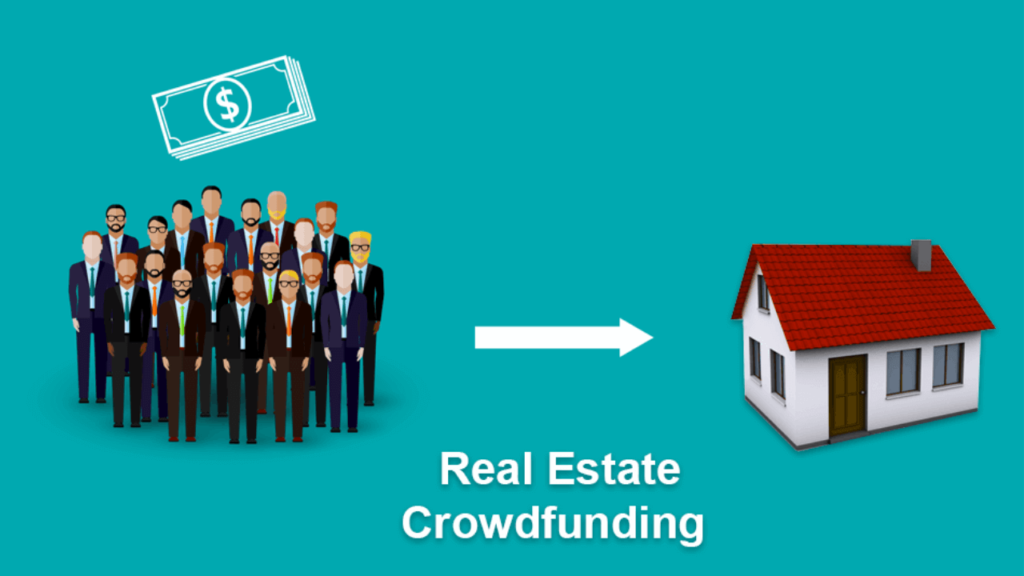Thinking of building wealth through real estate? You don’t need to be a millionaire or an expert to get started. In fact, real estate investing can be straightforward and rewarding—even for beginners. In this blog, we’ll break down five simple ways to invest in real estate, each with its pros, cons, and tips to help you take the first step confidently.
Ways to Invest in Real Estate
1. Buy a Rental Property
Owning a rental property is one of the most common ways to invest in real estate—and for good reason.
What It Involves
You purchase a home, apartment, or multi-unit building and rent it out to tenants. The rental income can cover your mortgage and create steady monthly profit.
Pros
- Monthly cash flow
- Long-term property appreciation
- Tax benefits like depreciation
Cons
- Managing tenants and maintenance
- Requires upfront capital
- Possible vacancies
Pro Tip
Start small with a single-family rental in an affordable area. Use property management services if you don’t want to handle day-to-day operations.
2. Real Estate Investment Trusts (REITs)
Don’t want to buy physical property? REITs let you invest in real estate through the stock market.
What It Involves
A REIT is a company that owns or finances income-generating real estate. You buy shares, just like stocks, and earn dividends from the income.
Pros
- Low cost of entry
- Highly liquid (buy/sell anytime)
- Diversification
Cons
- No control over properties
- Subject to market risks
- Dividends taxed as income
Pro Tip
Look for publicly traded REITs focused on sectors like residential, commercial, or healthcare, depending on your risk tolerance.
3. House Hacking
House hacking is a clever strategy where you live in one part of a property and rent out the rest.
What It Involves
You could buy a duplex, triplex, or a home with a basement unit. Rent the other space while living in one to reduce or eliminate your housing costs.
Pros
- Live rent-free or earn extra income
- Easier loan approval for owner-occupied homes
- Great for first-time investors
Cons
- Sharing space with tenants
- Local zoning restrictions
- Maintenance responsibilities
Pro Tip
Use FHA loans to buy multifamily properties with low down payments (as little as 3.5%) if you live in one unit.
4. Real Estate Crowdfunding
Real estate crowdfunding platforms let you invest in large commercial or residential deals with a small amount of money.
What It Involves
You invest online through platforms like Fundrise or RealtyMogul. Your money is pooled with others to finance real estate projects.
Pros
- Low entry cost (sometimes under $500)
- Hands-off investment
- Diversification across multiple properties
Cons
- Limited liquidity
- Platform risk
- Returns vary
Pro Tip
Read the platform’s track record and investment terms. Some offer fixed returns, while others are tied to project performance.

5. Fix and Flip
If you’re handy or know a good contractor, flipping homes can be both exciting and profitable.
What It Involves
You buy a property below market value, renovate it, and sell it for a profit—typically within 3–6 months.
Pros
- Quick profits
- Improve neighborhood value
- Learn valuable renovation skills
Cons
- High upfront investment
- Renovation risks and delays
- Market fluctuation impact
Pro Tip
Start with smaller cosmetic flips before taking on major overhauls. Always budget for unexpected repair costs.
Conclusion
Real estate investing doesn’t have to be complex or risky—especially when you start with one of these five simple strategies. Whether you want hands-on experience with rentals or prefer passive income through REITs, there’s an option that fits your lifestyle, risk level, and budget.
The key is to educate yourself, start small, and scale with experience. Over time, real estate can help you build wealth, earn passive income, and secure your financial future.
Read More Local SEO Tips for Real Estate
FAQ’s
REITs and rental properties are considered safer due to stable returns and lower market volatility.
Yes, it provides monthly income, tax benefits, and long-term appreciation if managed well.
Yes, REITs and crowdfunding allow you to invest without buying physical property.






